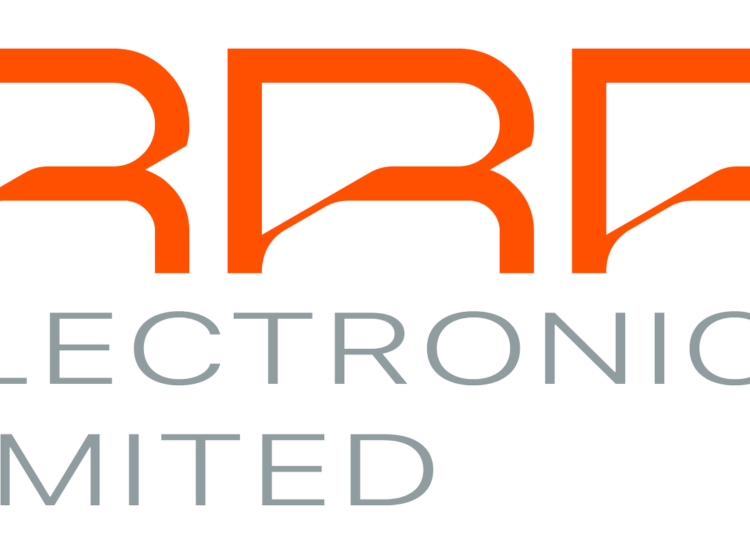Indian business told to adopt best practices
Indian businesses, gaining global importance, need to urgently accelerate internal process of risk management, adopt best practices and ensure world class compliance in day-to-day operations.
The pressure is on especially as international producers, including original equipment manufacturers, are seeking partnerships for setting up export-oriented bases in India with micro, small and medium enterprises (MSMEs), almost all of which fall short on managing risk in supply chains.
The all essential enterprise risk management (ERM) framework is being seen among some large Indian businesses, but more work needs to be done in matching the inhouse standards and processes set by American and European corporations.
Indian companies should get their act together on internal risk management soon to keep up with the partnership demand from global producers whose Indian market plans include export to Asia, according to industry observers. Some of these will be high standard spare parts and components that would need to move seamlessly from production lines to assembly lines globally.
What irked foreign investors is the debacle in the financial sector where people at the helm were able to dabble in malfeasance without being checked by their respective board of directors.
If top executives and management leaders in the financial sector, especially banks, can work out questionable financial deals, it means the board of directors were weak on checks and balances.
Foreign investors are raising questions these Indian corporations’ image-tainted practices.
But experts these should be corrected and have called for adoption of stringent practices, ERM and empower the board of directors as well as employees and a stronger protection of whistle blowers.
“Given the opportunities in India, we need the corporate world fully internally risk protected and adopt ERM framework,” stressed Atul Temurnikar, chairman of the Singapore Global Convention 2018 held 5-7 Dec 2018.
Temurnikar’s advise to Indian businesses: “start looking at risk management as a survival activity. ERM activity should be accelerated and amplified and every employee should be part of that system.”
While the Indian companies want to improve their business operations, the process is slow, observed N. V. P. Tendulkar, who has worked with multi-national corporations across the world and is a consultant and independent director of two Indian companies now.
“The American and European companies have far stronger and stringent standards. Their internal way of working is also far more process and control driven,” he said
Comparatively, the typical ways of running Indian companies are short of these practices, Tendulkar, a chartered accountant, pointed out.
“India has come a long way in improving the management system, but honestly speaking they still have a longer period of cover, to be on par with global corporate on good governance,” he noted.
He called on family-owned businesses to make a big mind-set change from their operating legacy.
“Corporatize, reduce the risk and enhance governance, as it is very important to adopt global standards very fast,” he said of the fast-pace economic growth requiring world class business management.
Tendulkar lamented the recent mismanagement in banking sector as well as malfeasance in corporate world, wondering how leading executives at the helm passed the action through the board of directors who seem to lack checking and questioning processes.
Whistle blowers should be protected, stressed management consultants at the convention, organized by the UK-based Institute of Directors’ India establishment, which addressed a wide range of risk management and ethics issues.
There are large number of mid-and small size companies that are not focused on managing their risk across the supply chain, noted Sarang Mahajan, Principal for the Asia Pacific region at Du Pont Sustainable Solutions.
“Some of the very big companies are doing risk management while many others are doing it from the perspective of compliance,” observed Mahajan.
“But we would like to see the big companies leading the compliance and be couple of steps ahead of the game. They should also help their suppliers in the tier 2 and tier 3 to fulfill the compliances,” he stressed.
Du Pont is sharing its 200-year old risk management experience with Indian corporations, he said, adding: “Risk management leads to good business.”
The IOD convention was held in the midst of Indian professional community based here that is familiar with business cultures in India, Singapore and South East Asia.
This makes it an important platform for Indian and South East Asian businesses to adopt best global practices, explore and exploit regional business opportunities, added Sanjiv K. Aiyar, President, Pan-IIM Alumni Singapore.
The Singapore-based community of Indian professionals, the largest gathering in a single city, is an important enabler in helping companies from both India and South East Asia to adopt best practices, manage risks and progress with business partnerships, stressed Aiyar, founder and CEO of ApKar Consulting.
Given the current uncertainties globally, and various economic and trade situations that are leading to challenges, companies need to focus on ethics and governance risks, added Temurnikar, co-founder and chairman of the Global Indian International School in Singapore
“The internal risks are certainly manageable by the companies and by putting the right system in the framework they can avoid getting exposed to outside elements,” he said.
External political and trade risks are beyond control, but companies should at least look inside and assess internal risks, stressed Temurnikar on preparing Indian corporate and MSMEs to match global players. fiinews.com










